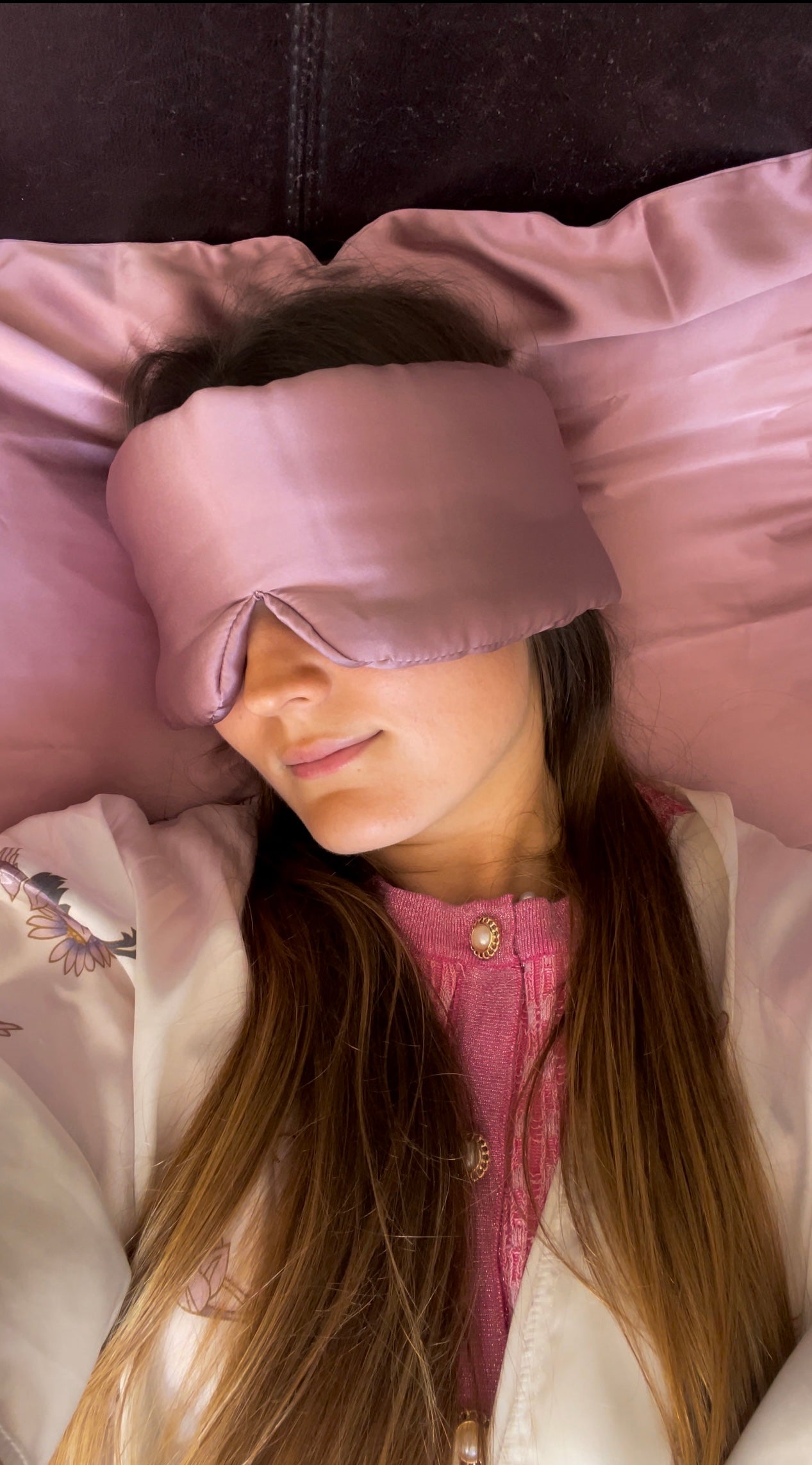Getting a good night's sleep is essential for maintaining good health and well-being. Sleep is not only essential for our physical health, but also for our mental and emotional well-being. Yet, many of us struggle to get the rest we need. In this article, we will explore the importance of sleep and provide tips for getting a restful night.
Why is sleep important? Sleep is crucial for many aspects of our physical health, including immune function, hormone regulation, and muscle repair. It is also important for cognitive function, memory consolidation, and emotional regulation. In addition, sleep plays a vital role in reducing stress and improving mood.
How much sleep do we need? The amount of sleep each person needs can vary, but most adults require 7-9 hours of sleep per night. Children and teenagers need even more sleep, with infants and toddlers requiring up to 14 hours of sleep per day.
Tips for getting a restful night's sleep:
- Stick to a regular sleep schedule: Go to bed and wake up at the same time every day, even on weekends.
- Create a relaxing sleep environment: Make sure your bedroom is cool, dark, and quiet. Use comfortable bedding and invest in a good mattress and pillows.
- Limit exposure to screens: The blue light emitted by screens can disrupt our natural sleep-wake cycles. Avoid using phones, computers, and TVs for at least an hour before bed.
- Avoid stimulants: Caffeine, nicotine, and alcohol can interfere with sleep. Limit your intake of these substances, especially in the hours leading up to bedtime.
- Practice relaxation techniques: Yoga, meditation, deep breathing, and other relaxation techniques can help reduce stress and promote relaxation.
- Exercise regularly: Regular exercise can help improve the quality of your sleep. Just make sure to finish your workout at least a few hours before bedtime.
- Avoid large meals before bed: Eating a heavy meal before bedtime can interfere with sleep. Instead, eat a light snack if needed.
- Consult a healthcare provider: If you are experiencing chronic sleep issues, consult a healthcare provider. They can help identify any underlying medical issues and provide guidance on improving sleep habits.
In conclusion, getting a good night's sleep is essential for maintaining good health and well-being. By following these tips, you can create a restful sleep environment and establish healthy sleep habits. Remember, quality sleep is not a luxury, it's a necessity.





